ABOUT
ABOUT
We aim at bridging the gap between disciplines
to tackle key challenges in the active implementation
of the 3R principle in science! Let's shape the future
of science using the power of interdisciplinarity!
Our aim is to bridge the gap between disciplines to tackle key challenges in the active implementation of the 3R principle in science! Let's shape the future of science using the power of interdisciplinarity!
THE 3R
PRINCIPLES
The 3R principle (Replace, Reduce and Refine) describes interventions for replacing animal experiments by alternative methods, for reducing the numbers of animals and for refining animal experiments in order to keep animal suffering to a minimum. Our keynote lectures will provide you with 3R insights from a variety of disciplines.

-
Get to know other early career scientist from different fields of research
-
Exchange experiences and learn from each other
-
Form an intearnational network for successful collaborations in the future
- Think outside the box and explore interdisciplinarity
DESIGN
THINKING
Design Thinking is an innovation method that facilitates user centred solutions based on structured, effective and interdisciplinary teamwork. The teams will consist of up to 7 members working on an overall challenge. The team process comprising 6 steps will be guided by a trained coach in an open creative atmosphere.

- Learn more about Design Thinking and experience the power of teamwork
- Dive deep into the needs of different stakeholders and train empathy
- Define the underlying problem and tackle it with creative solutions
- Prototype and test you idea with real stakeholders
OUR
VISION
During the ReThink3R 2.0 Summer School early career scientists work together on innovative solutions for the implementation of the 3Rs in science with a specific focus on biomedical research by exchanging knowledge, networking and joining forces in a discipline-spanning manner during the Design Thinking workshop.
THE 3R
PRINCIPLES
The 3R principle (Replace, Reduce and Refine) describes interventions for replacing animal experiments by alternative methods, for reducing the numbers of animals and for refining animal experiments in order to keep animal suffering to a minimum. Our keynote lectures will provide you with 3R insights from a variety of disciplines.

-
Learn more about Design Thinking and experience the power of teamwork
- Dive deep into the needs of different stakeholders and train empathy
- Define the underlying problem and tackle it with creative solutions
- Prototype and test you idea with real stakeholders
THE 3R
PRINCIPLE
The 3R principle (Replace, Reduce, and Refine) describes interventions for replacing animal experiments by alternative methods, for reducing the numbers of animals and for refining animal experiments in order to keep animal suffering to a minimum. Our keynote lectures will provide you with 3R insights from a variety of disciplines.
DESIGN
THINKING
Design Thinking is an innovation method that facilitates user centred solutions based on structured, effective and interdisciplinary teamwork. The teams will consist of up to 7 members working on an overall challenge. The team process comprising 6 steps will be guided by a trained coach in an open creative atmosphere.
OUR
VISION
During the ReThink3R 2.0 Summer School early career scientists work together on innovative solutions for the implementation of the 3Rs in science with a specific focus on biomedical research by exchanging knowledge, networking and joining forces in a discipline-spanning manner during the Design Thinking workshop.



— Learn more about the 3R principle and how it can be implemented
— Exploit challenges in the implementation and think about potential solutions
— Get to know peer scientists in the field and collect inspiration for your own work
— Move at the boundaries of subject areas and imagine your future
— Learn more about Design Thinking and experience the power of teamwork
— Dive deep into the needs of different stakeholders and train empathy
— Define the underlying problem and tackle it with creative solutions
— Prototype and test you idea with real stakeholders
— Get to know other early career scientist from different fields of research
— Exchange experiences and learn from each other
— Form an international network for successful collaborations in the future
— Think outside the box and explore interdisciplinarity
OUR TEAM
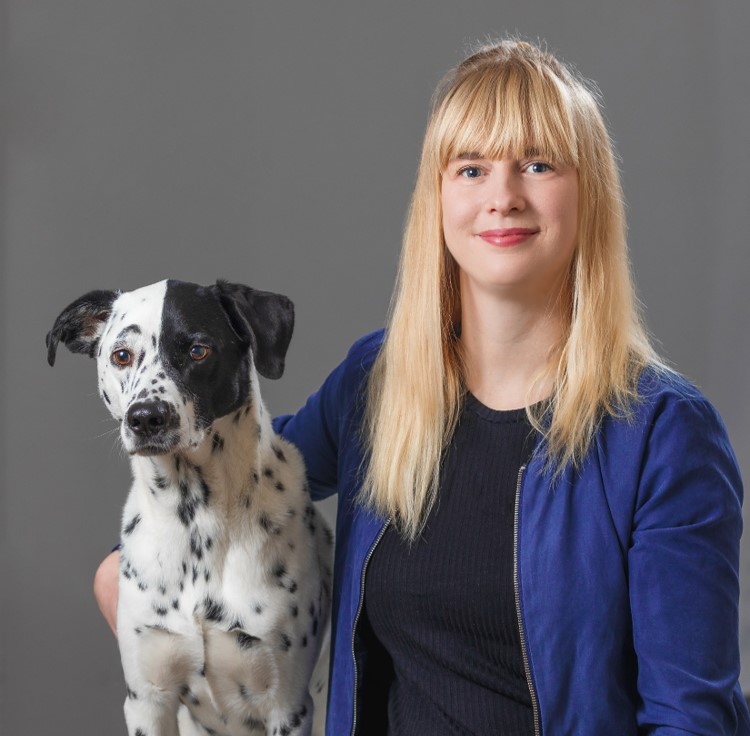
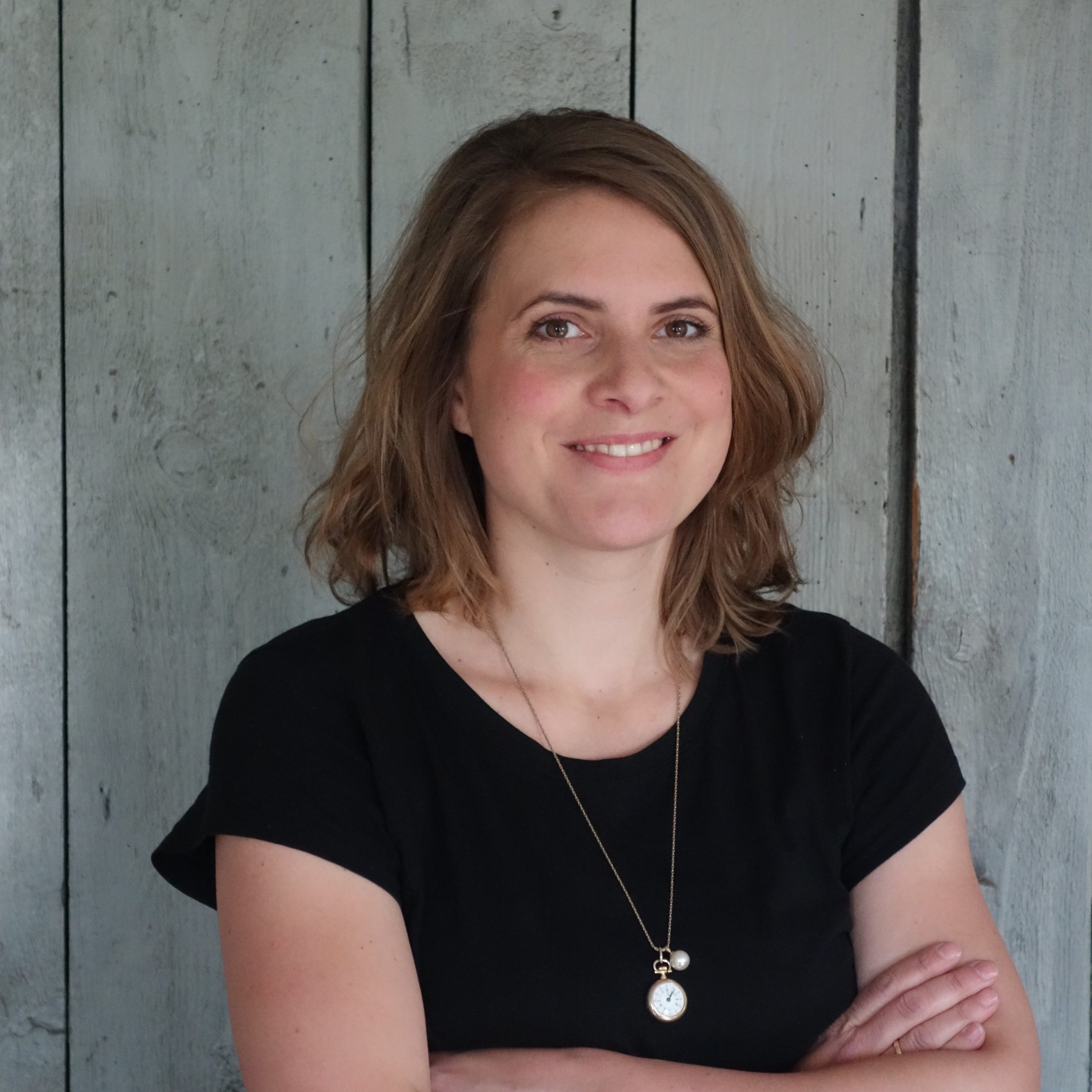
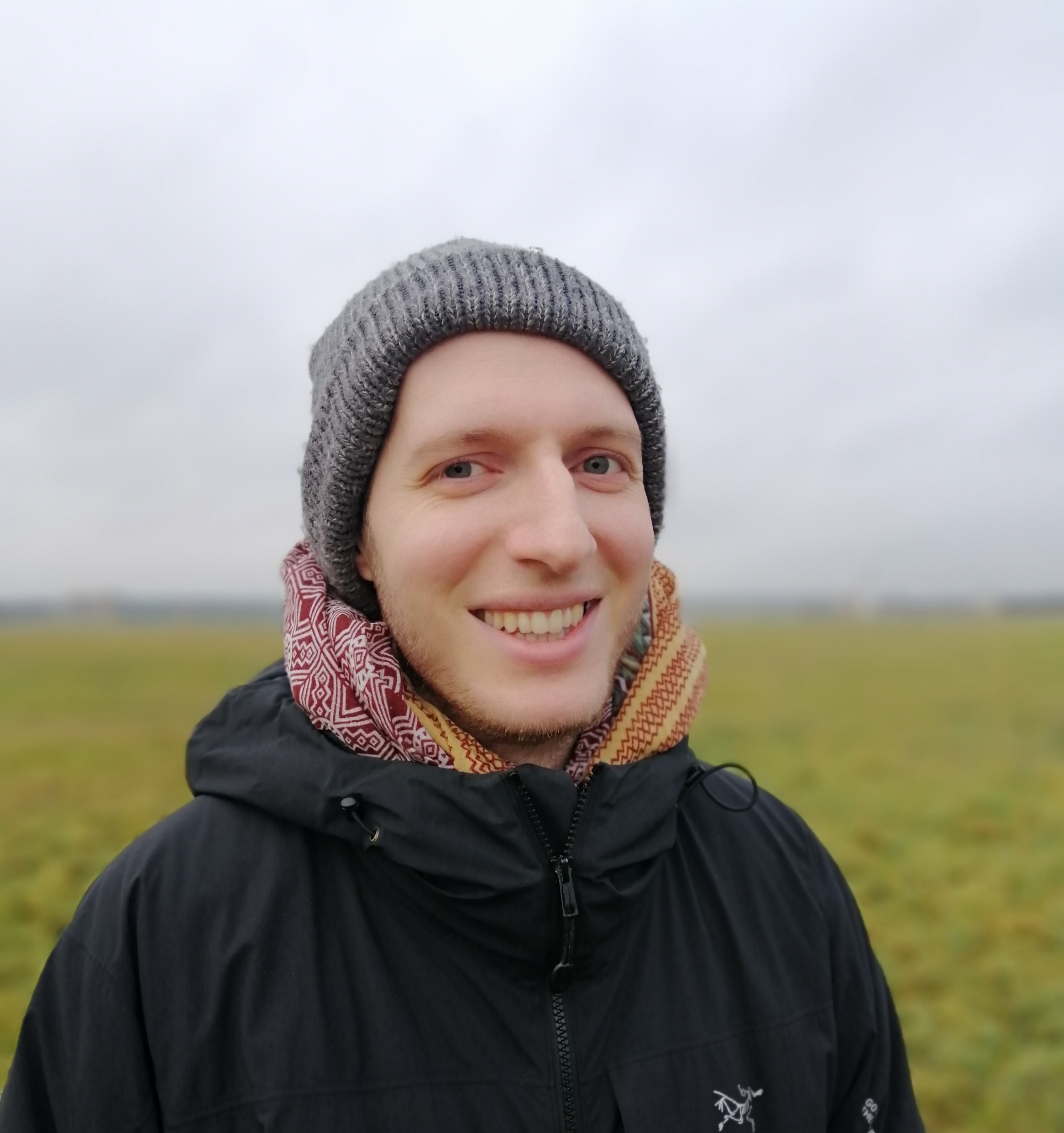

Dr Annemarie Lang
Dr. Annemarie Lang is a postdoctoral researcher at the University of Pennsylvania and the Charité-Universitäts-medizin Berlin. Her research focuses on i) the development of human based in vitro models to model musculoskeletal disorders and ii) the active implementation of the 3R principle (Replace, Reduce and Refine) in science. Besides her research Annemarie founded Animatch – a platform to share organs and tissues of animals used in science and created the ReThink3R workshop concept together with Laura.
● Research focus: in vitro models to model musculoskeletal disorders and active implementation of the 3R principle (Replace, Reduce and Refine) in science
● Postdoctoral Researcher at University of Pennsylvania and the Charité-Universitätsmedizin Berlin
Further links! e.g. Twitter, Google Scholar, Website

Laura Behm
Dr. Laura Behm is Biochemist by education and coordinator at Charité 3R, the 3R centre of Charité-Universitätsmedizin Berlin, where she coordinates research (funding) of 3R-projects. Besides she is organising and developing different ReThink3R workshop formats. Within her doctoral thesis in the field of Biotechnology she developed a cell culture platform for controlling neuronal cell connectivity in vitro at the Fraunhofer Institute. Besides she performed the basic track at the school of Design Thinking of the Hasso Plattner Institute in Potsdam.
● Coordinator at Charité 3R, the 3R centre of Charité-Universitätsmedizin Berlin
● Design Thinking Basic Track Programm, Hasso-Plattner-Institute, School of Design Thinking, Potsdam, Germany
● Doctoral Dissertation (Dr. rer. nat.): Development of a Microchip for Controlling Neuronal Connectivity in vitro; Fraunhofer Institute for Cell Therapy and Immunology, Branch Bioanalytics and Bioprocesses,, Potsdam, Germany & Brandenburg School for Regenerative Therapies (BSRT), Berlin, Germany
● Study of Biochemistry, Freie Universität Berlin, Germany

Philipp Burt
Philipp is a doctoral researcher in the Systems Biology of Inflammation Lab (University Hospital Bonn and DRFZ Berlin) led by Prof. Kevin Thurley. Philipp received his MSc in biophysics from Humboldt University, Berlin. During his MSc studies, he conducted wetlab research on plant osmotic stress (UC San Diego) and was trained in mathematical modeling of circadian clocks (Herzel lab, Charité Berlin). In his PhD project, he is interested in making the most of small-sized ex vivo data by combining it with large-scale in vitro analyses and mathematical modeling (Reduce). He uses those approaches to predict T helper cell fate-decisions in chronic and acute inflammation.
● Research focus: Mathematical modeling. Data integration. High-throughput data analysis. Cell-fate decisions.
● Doctoral Researcher at Humboldt-University and German Rheumatism Research Center, Berlin
● Study of Biophysics, Humboldt University Berlin, Germany
Further links! e.g. Twitter Researchgate
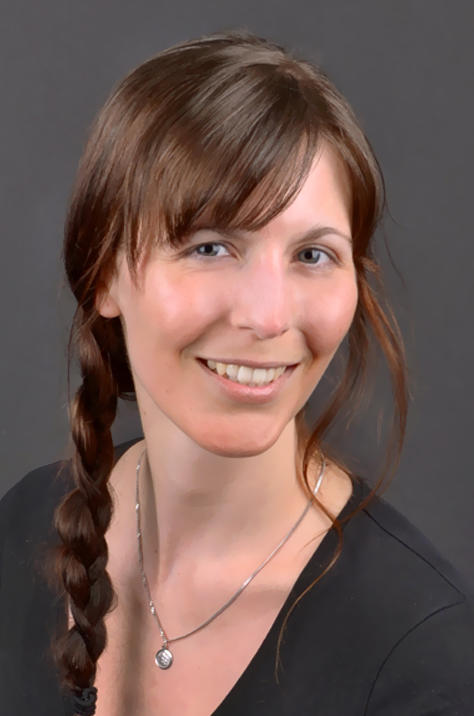
Katharina Hohlbaum
Dr. Katharina Hohlbaum is a veterinarian with the focus on animal welfare, animal behavior, and laboratory animal science. Her research as postdoctoral researcher at the German Centre for the Protection of Laboratory Animals (Bf3R; https://www.bf3r.de/) focuses on refinement strategies. Her projects range from the systematic assessment of animal well-being to the development of cognitive enrichment and the identification of problem-solving strategies in mice. In an interdisciplinary team, she is working on an approach to automatically analyze the facial expressions of mice.
● Research focus: identification of problem-solving strategies in mice, automatic monitoring of well-being based on facial expressions, cognitive and affect-stimulating enrichment, systematic and animal-based severity assessment, non-aversive handling techniques and animal training, improvement of housing conditions of male mice
● Postdoctoral Researcher at Science of Intelligence, Freie Universität Berlin and Technische Universität Berlin
● PhD-Thesis on “Severity assessment of repeated anesthesia in mice—an objective investigation of animal-based indicators of well-being”, Berlin-Brandenburg 3R Research Platform, Dahlem Research School for Biomedical Sciences (DRS), Institute of Animal Welfare, Animal Behavior, and Laboratory Animal Science, Department of Veterinary Medicine, Freie Universität Berlin
● Study of Veterinary Medicine, University of Veterinary Medicine Hannover, Germanyxq

Moritz Pfeiffenberger
Moritz Pfeiffenberger, PhD is a postdoctoral researcher at Charité Universitätsmedizin Berlin in the group of Prof. Buttgereit focusing on glucocorticoids, bioenergetics and 3R research in the field of musculoskeletal diseases. His research focuses on the modeling of musculoskeletal diseases in vitro, the active implementation of 3R principles in science, and the combination of research with the development of sophisticated research-related technologies.
● Research focus: Modelling musculoskeletal disorders in vitro, implementation of the 3Rs in science, combination of research and technological development, immunometabolism of neutrophils
● Postdoctoral Researcher at the Charité Universitaetsmedizin Berlin, Rheumatology and Clinical Immunology
● PhD thesis on “Mimicking the initial phase of fracture healing in vitro”; Charité Universitaetsmedizin Berlin, Rheumatology and Clinical Immunology, Berlin-Brandenburg 3R Research Platform (BB3R), Dahlem Research School for Biomedical Sciences (DRS); Department of Veterinary Medicine, Freie Universität Berlin
● Study of Biotechnology (M.Sc.) at the Beuth Hochschule für Technik Berlin (BHT)
Annemarie Lang
Laura Behm
Philipp Burt
Dr. Annemarie Lang is a postdoctoral researcher at the University of Pennsylvania and the Charité-Universitäts-medizin Berlin. Her research focuses on i) the development of human based in vitro models to model musculoskeletal disorders and ii) the active implementation of the 3R principle (Replace, Reduce and Refine) in science. Besides her research Annemarie founded Animatch – a platform to share organs and tissues of animals used in science and created the ReThink3R workshop concept together with Laura.
● Research focus: in vitro models to model musculoskeletal disorders and active implementation of the 3R principle (Replace, Reduce and Refine) in science
● Postdoctoral Researcher at University of Pennsylvania and the Charité-Universitätsmedizin Berlin
Further links! e.g. Twitter, Google Scholar, Website
Dr. Laura Behm is Biochemist by education and coordinator at Charité 3R, the 3R centre of Charité-Universitätsmedizin Berlin, where she coordinates research (funding) of 3R-projects. Besides she is organising and developing different ReThink3R workshop formats. Within her doctoral thesis in the field of Biotechnology she developed a cell culture platform for controlling neuronal cell connectivity in vitro at the Fraunhofer Institute. Besides she performed the basic track at the school of Design Thinking of the Hasso Plattner Institute in Potsdam.
● Coordinator at Charité 3R, the 3R centre of Charité-Universitätsmedizin Berlin
● Design Thinking Basic Track Programm, Hasso-Plattner-Institute, School of Design Thinking, Potsdam, Germany
● Doctoral Dissertation (Dr. rer. nat.): Development of a Microchip for Controlling Neuronal Connectivity in vitro; Fraunhofer Institute for Cell Therapy and Immunology, Branch Bioanalytics and Bioprocesses,, Potsdam, Germany & Brandenburg School for Regenerative Therapies (BSRT), Berlin, Germany
● Study of Biochemistry, Freie Universität Berlin, Germany
Philipp is a doctoral researcher in the Systems Biology of Inflammation Lab (University Hospital Bonn and DRFZ Berlin) led by Prof. Kevin Thurley. Philipp received his MSc in biophysics from Humboldt University, Berlin. During his MSc studies, he conducted wetlab research on plant osmotic stress (UC San Diego) and was trained in mathematical modeling of circadian clocks (Herzel lab, Charité Berlin). In his PhD project, he is interested in making the most of small-sized ex vivo data by combining it with large-scale in vitro analyses and mathematical modeling (Reduce). He uses those approaches to predict T helper cell fate-decisions in chronic and acute inflammation.
● Research focus: Mathematical modeling. Data integration. High-throughput data analysis. Cell-fate decisions.
● Doctoral Researcher at Humboldt-University and German Rheumatism Research Center, Berlin
● Study of Biophysics, Humboldt University Berlin, Germany
Further links! e.g. Twitter, Researchgate

Katharina Hohlbaum
Dr. Katharina Hohlbaum is a veterinarian with the focus on animal welfare, animal behavior, and laboratory animal science. Her research as postdoctoral researcher at the German Centre for the Protection of Laboratory Animals (Bf3R; https://www.bf3r.de/) focuses on refinement strategies. Her projects range from the systematic assessment of animal well-being to the development of cognitive enrichment and the identification of problem-solving strategies in mice. In an interdisciplinary team, she is working on an approach to automatically analyze the facial expressions of mice.
● Research focus: identification of problem-solving strategies in mice, automatic monitoring of well-being based on facial expressions, cognitive and affect-stimulating enrichment, systematic and animal-based severity assessment, non-aversive handling techniques and animal training, improvement of housing conditions of male mice
● Postdoctoral Researcher at the German Centre for the Protection of Laboratory Animals (Bf3R)
● Postdoctoral Researcher at Science of Intelligence, Freie Universität Berlin and Technische Universität Berlin
● PhD-Thesis on “Severity assessment of repeated anesthesia in mice—an objective investigation of animal-based indicators of well-being”, Berlin-Brandenburg 3R Research Platform, Dahlem Research School for Biomedical Sciences (DRS), Institute of Animal Welfare, Animal Behavior, and Laboratory Animal Science, Department of Veterinary Medicine, Freie Universität Berlin
● Study of Veterinary Medicine, University of Veterinary Medicine Hannover, Germany
Further links! e.g. LinkedIn Researchgate
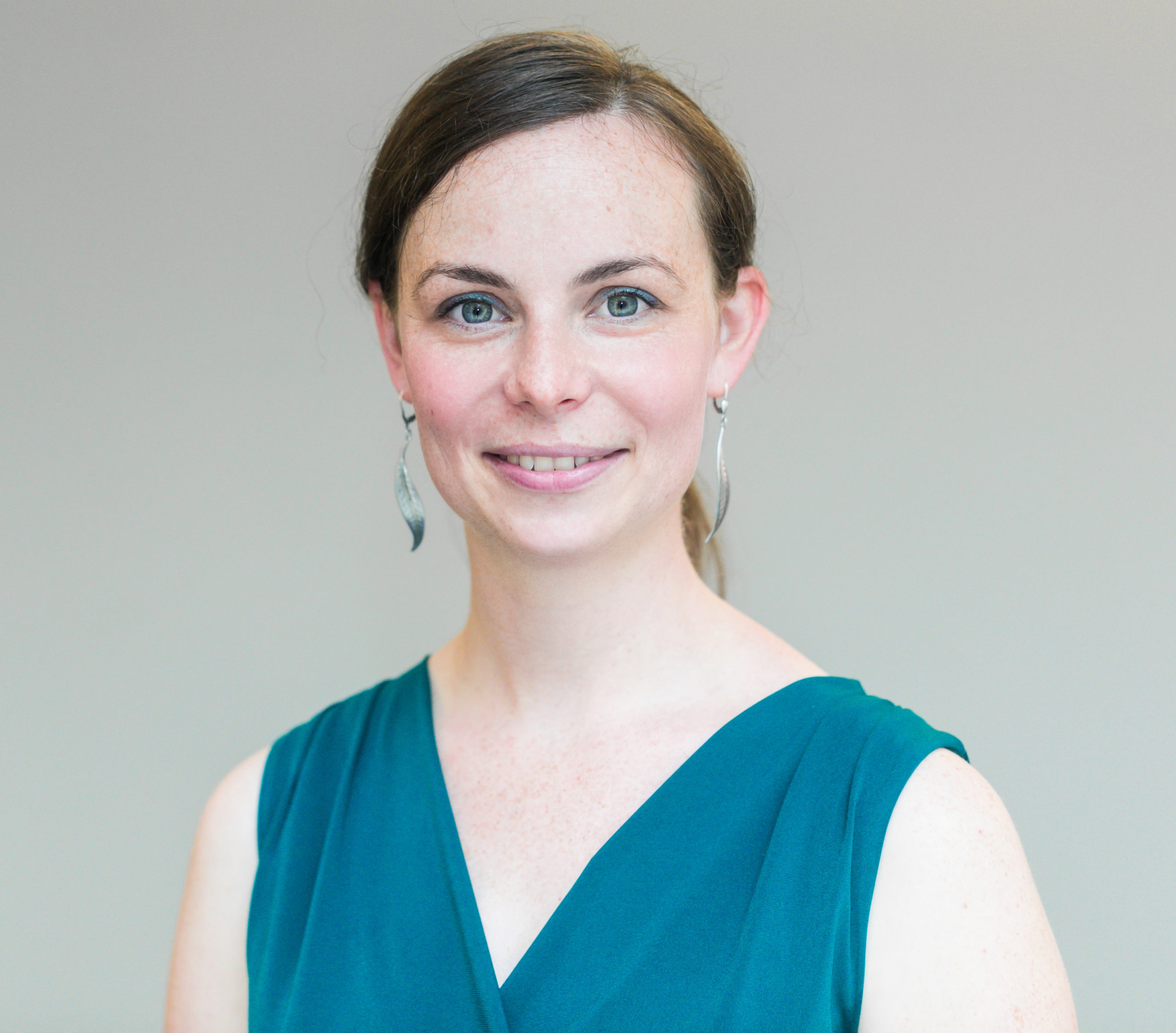
Lisa Grohmann
Dr. Lisa Grohmann is Biochemist by education. Within her doctoral thesis, she was working with three-dimensional skin equivalents, comparing their metabolic capacity with human skin ex vivo. After finishing her doctoral degree, she started in the field of science management: in 2017 she was coordinating the Berlin-Brandenburg Research Platform BB3R and since summer 2018, she is working at Charité 3R, the 3R centre of Charité-Universitätsmedizin Berlin, where she develops and coordinates educational activities as well as support measures of this 3R center.
● Coordinator at Charité 3R, the 3R centre of Charité-Universitätsmedizin Berlin
● Coordinator of the Berlin-Brandenburg Research Platform BB3R, Berlin, Germany
● Doctoral Dissertation (Dr. rer. nat.): Characterization of xenobiotic metabolizing enzymes in 3D reconstructed skin tissues in comparison to human skin ex vivo; Freie Universität Berlin, Institute of Pharmacy, Berlin, Germany
● Study of Biochemistry, Freie Universität Berlin, Germany.
Further links! e.g.
Charite 3R, RBB3R

Moritz Pfeiffenberger
Moritz Pfeiffenberger, PhD is a postdoctoral researcher at Charité Universitätsmedizin Berlin in the group of Prof. Buttgereit focusing on glucocorticoids, bioenergetics and 3R research in the field of musculoskeletal diseases. His research focuses on the modeling of musculoskeletal diseases in vitro, the active implementation of 3R principles in science, and the combination of research with the development of sophisticated research-related technologies.
● Research focus: Modelling musculoskeletal disorders in vitro, implementation of the 3Rs in science, combination of research and technological development, immunometabolism of neutrophils
● Postdoctoral Researcher at the Charité Universitaetsmedizin Berlin, Rheumatology and Clinical Immunology
● PhD thesis on “Mimicking the initial phase of fracture healing in vitro”; Charité Universitaetsmedizin Berlin, Rheumatology and Clinical Immunology, Berlin-Brandenburg 3R Research Platform (BB3R), Dahlem Research School for Biomedical Sciences (DRS); Department of Veterinary Medicine, Freie Universität Berlin
● Study of Biotechnology (M.Sc.) at the Beuth Hochschule für Technik Berlin (BHT)

